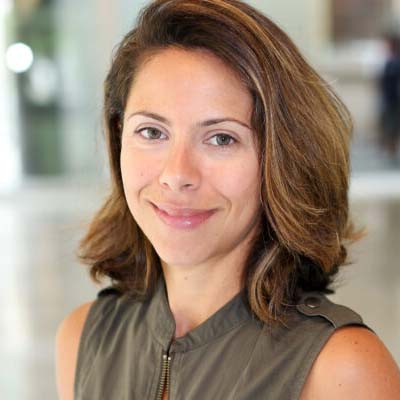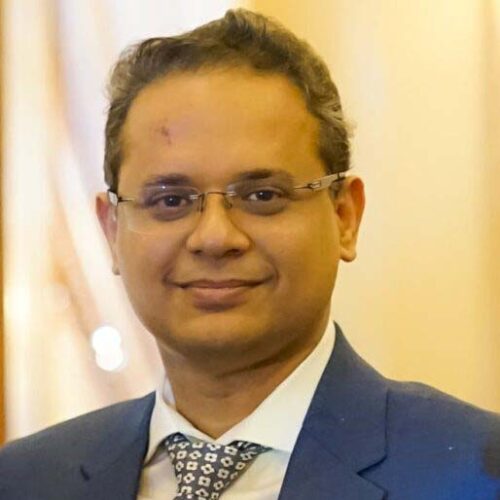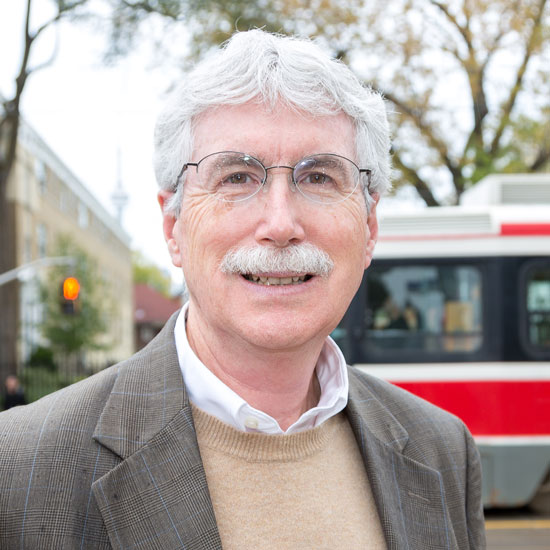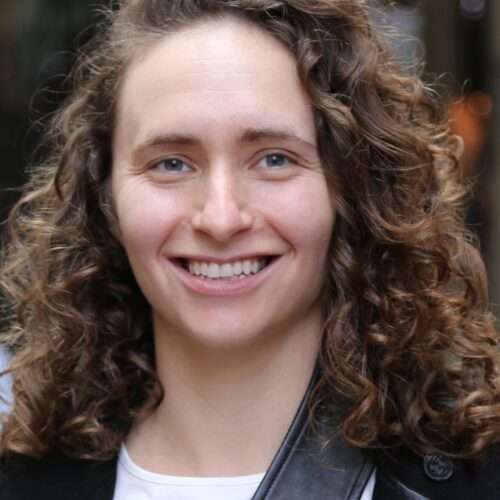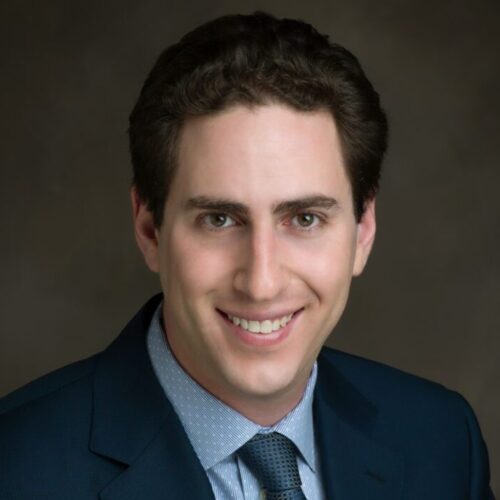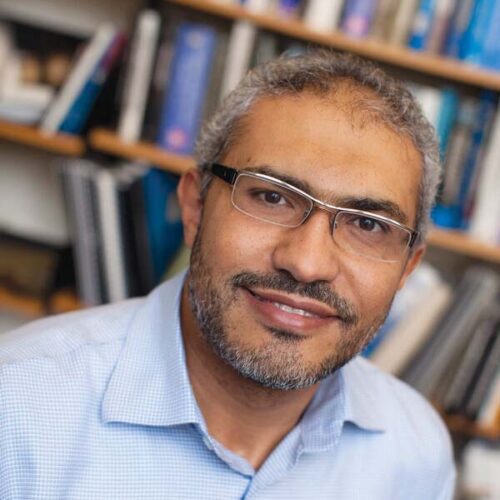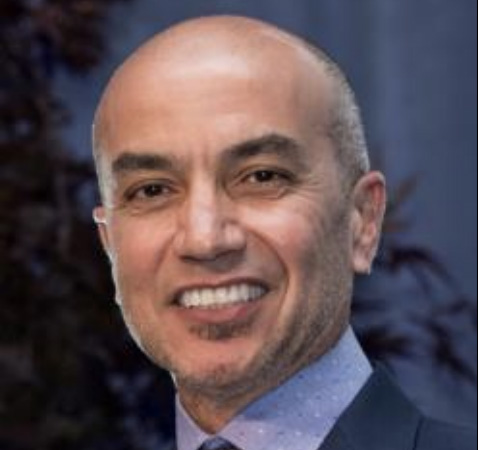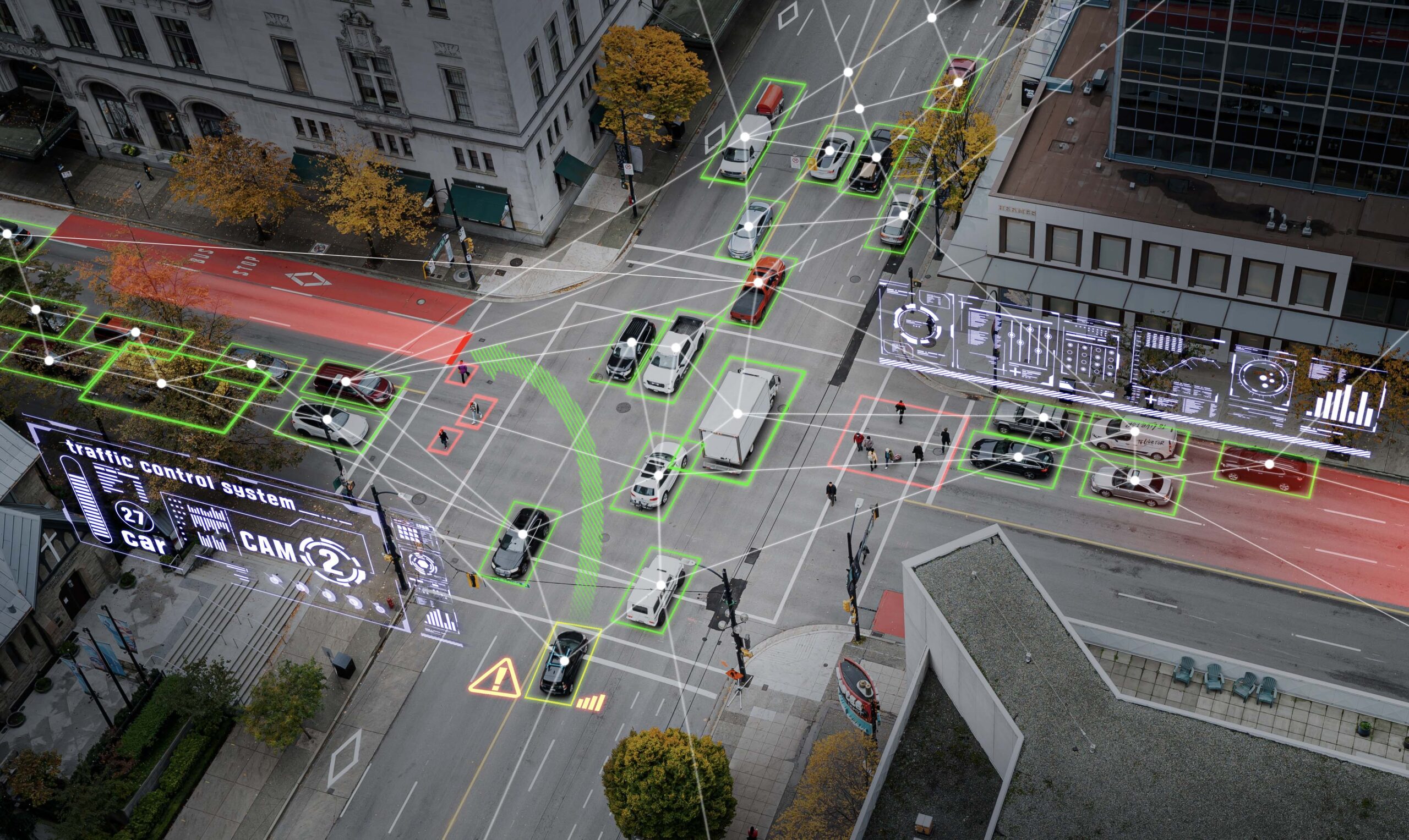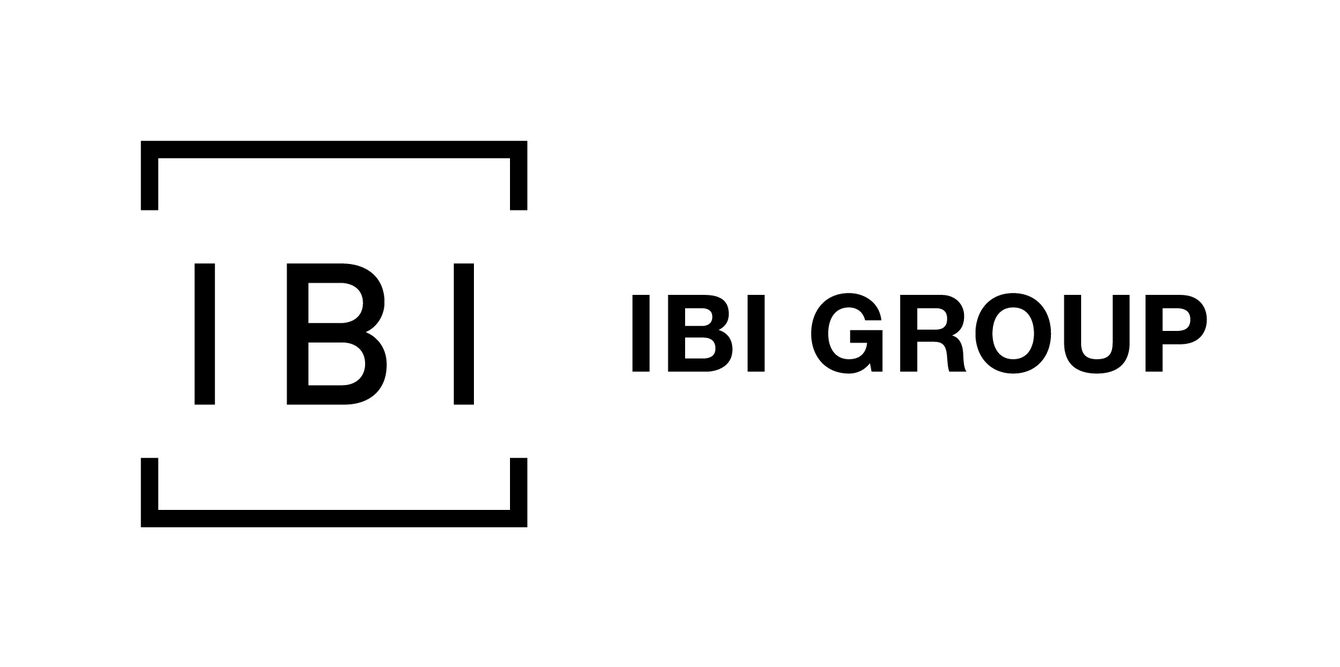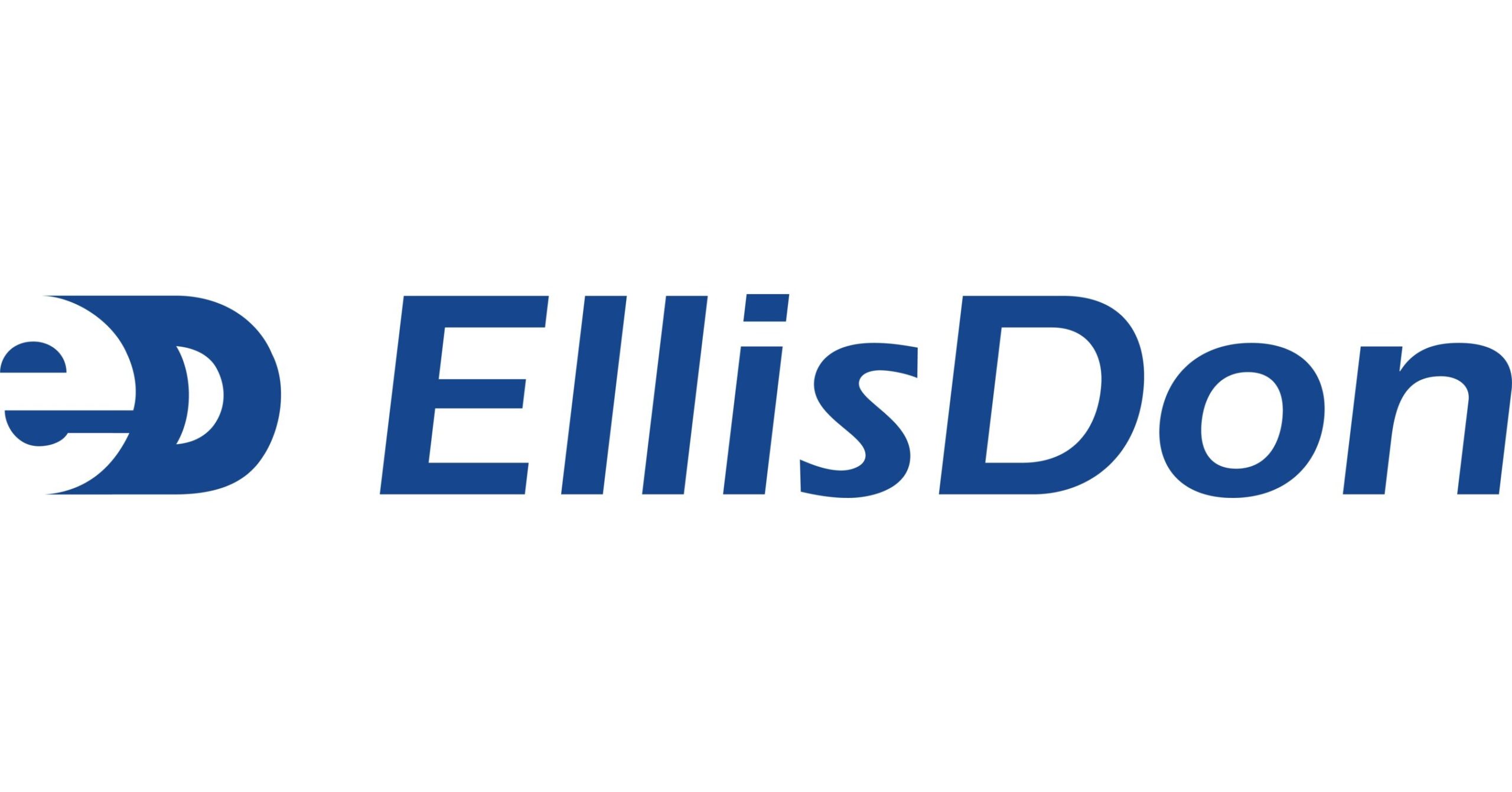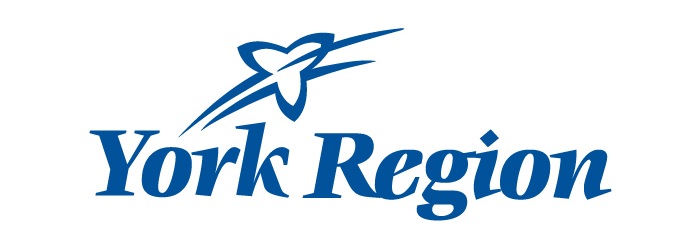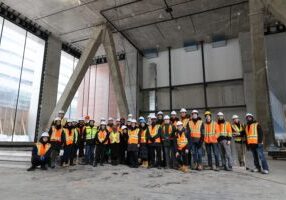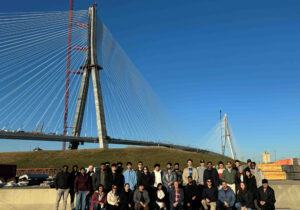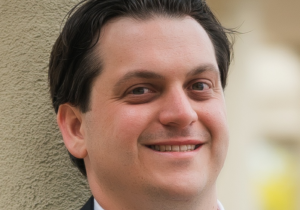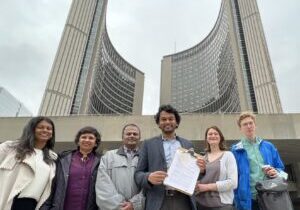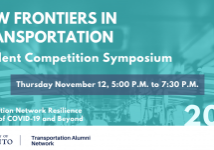Cities are the driving force of the global economy, serving as centers of innovation, culture, and commerce. Yet, the complexity of urban environments requires more than just technical expertise; it demands professionals who can integrate and manage cross-disciplinary issues such as infrastructure, environmental sustainability, social equity, and economic resilience. These skilled individuals are essential in tackling the diverse challenges cities face, ensuring urban areas not only thrive but also provide a high quality of life for all inhabitants. With over 50 percent of the world’s population currently living in cities—a figure projected to rise to 66 percent by 2050—the prosperity and well-being of nations increasingly rely on the efficiency and resilience of these urban centers. As cities expand, they must navigate the challenges of global urbanization, climate change, and resource management while maintaining sustainable infrastructure and services. The future of our world hinges on how effectively these urban hubs can adapt to and manage these complex, interrelated factors, shaping cities that are resilient, sustainable, and capable of fostering long-term economic growth.
The practicum is a pivotal component of this program, serving as a bridge between theoretical learning and practical application. Much like capstone design projects in undergraduate engineering programs, the practicum allows students to synthesize and apply concepts and methodologies acquired in earlier courses. This hands-on experience brings the knowledge from the first two terms to life as students tackle real-world urban challenges, using cities as dynamic living laboratories. Recognizing that city problems are inherently multidisciplinary, students will collaborate across various fields, working alongside leading practitioners and researchers to address complex issues and enhance their problem-solving skills in a collaborative, real-world context.
MEngCEM students engage with real city challenges, synthesize and apply their knowledge in an integrated way, and work with multidisciplinary teams. The practicum requirement may be satisfied via placements in companies, governments, NGOs and academic research positions with a professor, either paid or volunteer.
Previous practicum placements
- Academic Technology Ventures
Strategy/Planning/Technology Acquisition - CIMA+
Engineering Intern - Hatch
Project Engineering Coordinator - IBI Group
Engineering Intern - McElhanney Consulting Ltd.
Engineering Tech
- City of Toronto - Water
Technical Trainee - Navigant Consulting
Energy Practice Intern - Terraprobe
Environmental Engineering Intern
- City of Toronto Planning Division
Application Technician - Committee of Adjustment - Ontario Ministry of Transportation
Co-op Student – Engineer - Regional Municipality of York
Design Technician - Town of Aurora
Senior Student, Engineering
- Ontario Ministry of Environment & Climate Change
Policy Advisor - Ontario Ministry of Transportation
Policy, Systems Analysis and Forecasting Office
- St. Michael's Hospital
Project Coordinator - Waterloo Region
Construction Project Coordinator - York Region
Engineering Assistant
- Centre for Resilience of Critical Infrastructure
Research Assistant - University of Toronto Environmental Engineering
Research Assistant - University of Toronto Transportation Modelling Group
Research Assistant - University of Toronto Transportation Research Institute
Research Assistant
- AECOM
Transportation Intern - BA Consulting Group
Transportation Analyst - IBI Group
Transportation Planning Analyst - LEA Consulting Ltd
Co-op student - Transportation - Paradigm Transportation Solution
Transportation Engineering Intern - WSP Canada
Transportation Planner - York Region
Transportation Demand Management Assistant
Research Assistant, Transportation Services - Yukon Government
Transportation Co-Op

